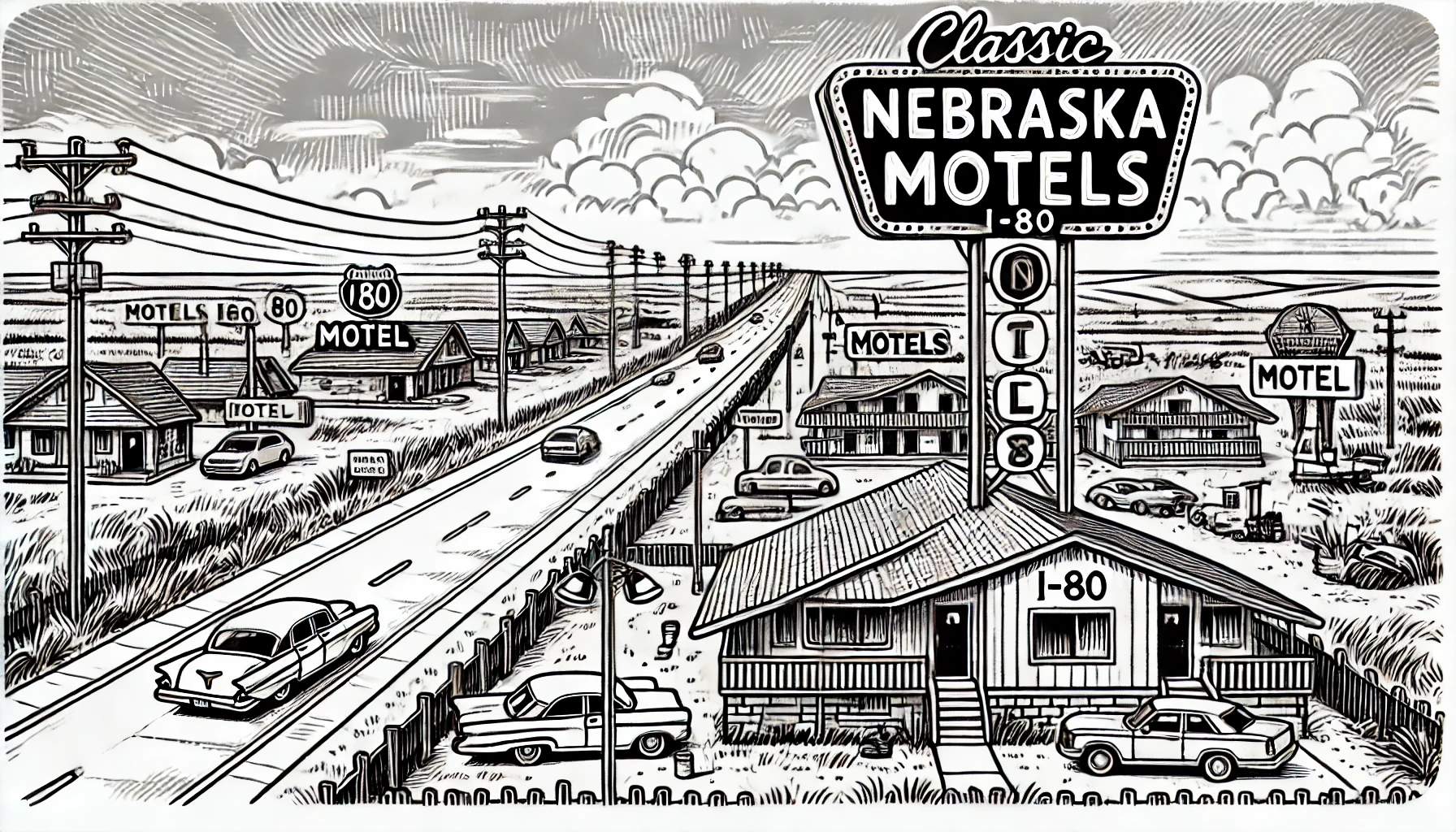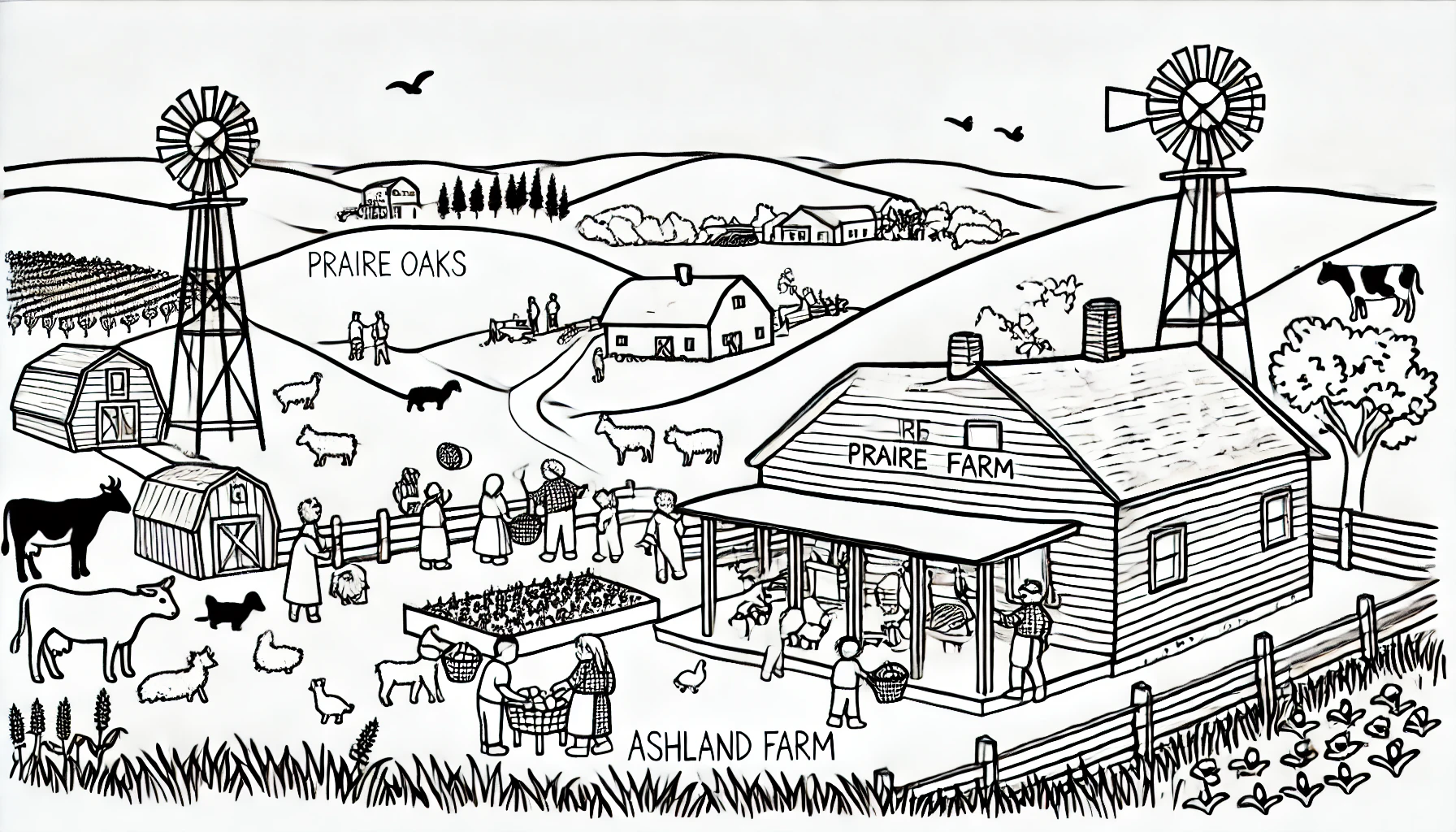Local Food Cooperatives in Nebraska Cities and Towns

As one travels through Nebraska, a state known for its rich agricultural heritage, it becomes apparent that local food cooperatives play a significant role in shaping the culinary landscape of its cities and towns. Local food cooperatives are member-owned businesses that operate to provide their members with high-quality, locally sourced food products. These cooperatives serve as a vital connection between consumers and producers, supporting local farmers and the local economy.
A prime example of a local food cooperative in Nebraska is the Open Harvest Cooperative Grocery, located in Lincoln, the state capital. Open Harvest, established in 1975, is a member-owned cooperative that aims to provide its members with access to organic and locally produced foods. The cooperative features a wide variety of products, including fresh produce, meats, dairy products, and baked goods, all sourced from local farmers and producers whenever possible. Members of Open Harvest are not only provided with high-quality food products but also have a say in the decision-making process of the cooperative, making it a truly community-driven enterprise.
Another example of a local food cooperative in Nebraska is the Omaha Food Cooperative, located in the heart of Omaha, the state's largest city. The Omaha Food Cooperative operates on a similar model to Open Harvest, providing its members with locally sourced food products, including organic produce, meats, and dairy products. However, what sets the Omaha Food Cooperative apart is its strong focus on education and community outreach. The cooperative hosts various workshops and events, educating members on topics such as food preservation, cooking, and nutrition.
Local food cooperatives not only benefit their members but also have a significant impact on the local economy. By sourcing products from local farmers and producers, these cooperatives help to keep money within the local community, supporting local businesses and contributing to the state's agricultural economy. In addition, local food cooperatives often serve as incubators for local food businesses, providing them with access to new markets and customers.
Furthermore, local food cooperatives in Nebraska are playing a critical role in shaping the state's food policy. Many of these cooperatives are actively involved in advocating for policies that support local and organic food production, making it easier for farmers and producers to sell their products to consumers. For instance, the Nebraska Cooperative Development Center, a statewide organization that supports the development of cooperatives, has played a significant role in advocating for policies that support local food systems.
As one explores the cities and towns of Nebraska, the importance of local food cooperatives becomes increasingly apparent. These cooperatives serve as a vital link between consumers and producers, supporting local farmers and the local economy. By understanding the role of local food cooperatives in shaping the culinary landscape of Nebraska, one can gain a deeper appreciation for the state's rich agricultural heritage.
A prime example of a local food cooperative in Nebraska is the Open Harvest Cooperative Grocery, located in Lincoln, the state capital. Open Harvest, established in 1975, is a member-owned cooperative that aims to provide its members with access to organic and locally produced foods. The cooperative features a wide variety of products, including fresh produce, meats, dairy products, and baked goods, all sourced from local farmers and producers whenever possible. Members of Open Harvest are not only provided with high-quality food products but also have a say in the decision-making process of the cooperative, making it a truly community-driven enterprise.
Another example of a local food cooperative in Nebraska is the Omaha Food Cooperative, located in the heart of Omaha, the state's largest city. The Omaha Food Cooperative operates on a similar model to Open Harvest, providing its members with locally sourced food products, including organic produce, meats, and dairy products. However, what sets the Omaha Food Cooperative apart is its strong focus on education and community outreach. The cooperative hosts various workshops and events, educating members on topics such as food preservation, cooking, and nutrition.
Local food cooperatives not only benefit their members but also have a significant impact on the local economy. By sourcing products from local farmers and producers, these cooperatives help to keep money within the local community, supporting local businesses and contributing to the state's agricultural economy. In addition, local food cooperatives often serve as incubators for local food businesses, providing them with access to new markets and customers.
Furthermore, local food cooperatives in Nebraska are playing a critical role in shaping the state's food policy. Many of these cooperatives are actively involved in advocating for policies that support local and organic food production, making it easier for farmers and producers to sell their products to consumers. For instance, the Nebraska Cooperative Development Center, a statewide organization that supports the development of cooperatives, has played a significant role in advocating for policies that support local food systems.
As one explores the cities and towns of Nebraska, the importance of local food cooperatives becomes increasingly apparent. These cooperatives serve as a vital link between consumers and producers, supporting local farmers and the local economy. By understanding the role of local food cooperatives in shaping the culinary landscape of Nebraska, one can gain a deeper appreciation for the state's rich agricultural heritage.
